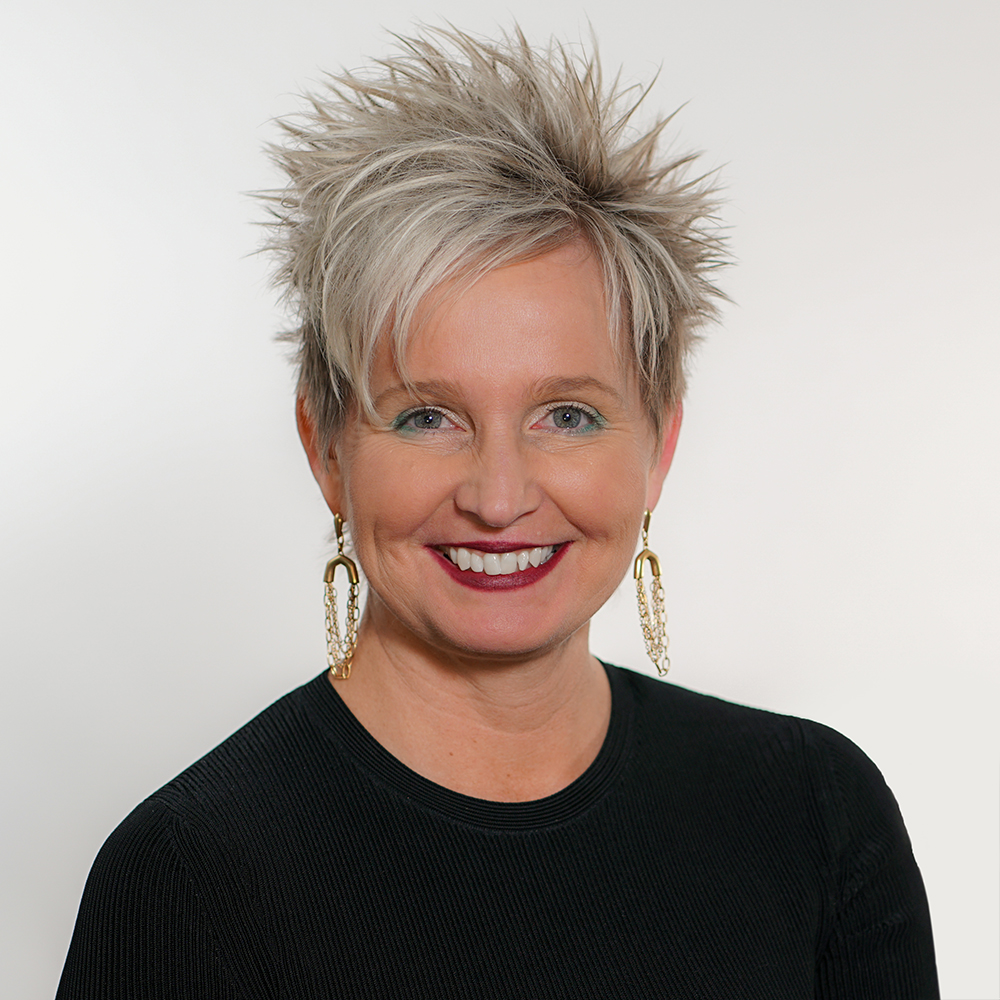While the typical CHRO today may have a resume that includes previous titles like HR manager, HR business partner and director of human resources, Julie Turpin’s CV looks a little different: Hers carries titles like chief executive officer, chief operating officer and director of administration, among others. While those roles aren’t typically part of the pathway into the CHRO’s office, Turpin—now chief people officer at Brown & Brown Insurance—says her background allowed her to develop a well-rounded appreciation for business operations, while honing her sense of business acumen, which has served her well in her new role.
Turpin—who started with Brown & Brown as a services segment leader in 2018 and took on the top HR position in March 2020, exactly as the pandemic was getting underway—recently shared her career journey and outlook on recent HR trends with HRE.
HRE: Your career journey includes roles like COO and CEO. How did those prepare you to take the helm of HR at Brown & Brown?
Turpin: Because I ran businesses in the past [including the Advocator Group, an advocacy agency that connected people with disabilities to insurance], I think I have a good understanding of what both our teammates and leaders do, at the desk level and the office level, which is probably very different than someone who came up through the traditional way in HR. I understand the challenges of running a business, I understand profits and margins, and what our leaders are doing every day. When you can speak that language, that level of understanding is invaluable. I didn’t do it this way on purpose—I kind of wish I had been more strategic—but things unfolded for me in a beautiful way. I would recommend to anyone thinking about opportunities in HR that one of the most powerful [ways to develop your] depth of credibility is by spending time in the functions.
See also: These are the new job titles revolutionizing HR
HRE: You became chief people officer right at the start of the pandemic. Was that like trial by fire?

Julie Turpin
Turpin: My very first day in the role, we were figuring out how to get our teammates home. We were also figuring out what that would mean long-term to the business and what we could do to become better equipped because we didn’t understand the timing on this. At first, I thought, “Wow, I don’t have any experience with this,” but then I realized nobody did. It was just about being able to take this on as a high-profile challenge that we knew would be felt by all of our 11,000 teammates. We were helping them navigate their work lives but also their personal lives, and I could see how important and profound this work was going to be. It was also a big opportunity to help galvanize the organization and find ways to keep everyone connected. That’s one of the things I really love about this role: HR can be a conduit for connections.
HRE: In what way has HR at Brown & Brown risen to the occasion during the pandemic?
Turpin: We did a couple things. We created a community with events like “Small Bites,” which is our modern version of the brown-bagged lunch. They are 30-minute, bite-sized opportunities for teammates to join several times a month, with topics like yoga, stretching, meditation. We brought in experts on organizing your home, how to host a Super Bowl party. And we took a lot of feedback from our teammates because there was such excitement about it. We also did “Small Bites” for our employees with young ones, ages 4-8, where they built lava lamps and did all kinds of fun things.
We also did a lot of peer-to-peer networking. We were very cognizant of the fact that a lot of our teammates may have been living alone or weren’t getting out of the home much. We didn’t over-manufacture [the program]; sometimes, there’s beauty in simplicity. We had people answer just a couple questions and then paired them off and it was a huge success that created a lot of really lovely relationships.
We also have a psychiatrist on staff—Dr. Joel Axler—and created an event called “Cup of Joel” that we branded. It’s an opportunity for teammates to have a very intimate roundtable discussion—maybe 25 people—about things they’re struggling with. There were issues like “My child is having their fifth birthday and we can’t celebrate it” or “It’s Easter and I can’t see my family.” It created a deeper sense of community among our teammates.
HRE: What has been your approach to learning and development over the last year-and-a-half?
 Turpin: We put this under the topic of talent. We really believe in our teammates and our culture is reflective of that. When we think about learning and development in the last year, it’s been focused on how do we bring a more unique approach to our training and development through simulations and exponential learning. We want to be able to give our leaders opportunities to learn things in a really condensed but meaningful way, so that’s the direction we’re taking. Learning and development today is about finding different ways to develop talent that really resonate and allow people to walk away with strong tools they can deploy later.
Turpin: We put this under the topic of talent. We really believe in our teammates and our culture is reflective of that. When we think about learning and development in the last year, it’s been focused on how do we bring a more unique approach to our training and development through simulations and exponential learning. We want to be able to give our leaders opportunities to learn things in a really condensed but meaningful way, so that’s the direction we’re taking. Learning and development today is about finding different ways to develop talent that really resonate and allow people to walk away with strong tools they can deploy later.
Read more Insights from a CHRO here.
HRE: Looking ahead, what does the “future of work” at Brown & Brown look like?
Turpin: I personally believe a hybrid model is necessary, so we do have that in place: We have a cohort of remote teammates, teammates who want to come in every day and then those in the middle who want flexibility. As we move toward a hybrid model—with a 3/2, 4/1 schedule—we’re giving teammates a lot of flexibility, which has been really well-received. I do think the hybrid model is the future. The level of flexibility employees have received over the last 18 months needs to stay.
HRE: How have you personally managed the stress that comes with leading an HR team during the pandemic?
Turpin: I do yoga, meditation and Pilates. I journal and have a gratitude journal; when you track all the things that are pretty amazing in your life, you get even more amazing things to track. Even when you have had a difficult day, [finding gratitude] changes how you view the world and causes you to be cognizant and compassionate. It’s also important to be outside in nature. Nature has a way of transforming how we feel about things, changing our state of mind. Just being able to take care of yourself—physically and holistically—helps create who you are and how you show up every day.